Do your job really well as a manager? This is only possible if all stakeholders know what is expected of each other. A much-proven method for this is the use of Key Performance Indicators (KPIs). But does KPI management work for facilities management? Or does that just cause problems?
One of the biggest
contracts within facility management is the cleaning contract. This contract
always contains KPIs. For example, think
to the requirements for technical quality, hygiene and safety,
hospitality experience or, for example, social return agreements. It makes for
clear to everyone what quality must be delivered as a minimum and what requirements
underlying the contract. In practice, however, it often turns out that it is
compliance with and even checking of the KPIs does not or hardly happen. Shame!
But then what causes problems?
KPIs are not tracked
50% of facilities managers do not monitor compliance with contractual agreements, according to research by the NEVI. And another nearly 50% still physically store their contracts. When you consider how easy it is these days, this is shocking.
But if no one actually monitors the KPIs from the contracts, nothing will happen. No one identifies a problem, no one is called to account and no one solves it. If no one sees it, isn’t the problem there? Because not keeping track of KPIs leads to a lack of improvement in the results, disappointment among those involved and the collaboration ultimately comes under pressure. So why aren’t they tracked?
KPI management takes too much effort
The more complex one
building, the more effort it takes for facility management. Especially when there
various contracts are running with various facility service providers.
Suppose you want to keep track of various SMART KPIs for twenty buildings, then you have to request that data every month and manually update it yourself in an Excel file. Then you also have to analyze the data yourself per KPI, per month. A time-consuming activity. In other words, you can spend your time better. As I type this, I’m already tired of it. Let alone that you actually have to do it. That is where things often go wrong.
In short, KPI management
simply costs too much effort for most facilities managers. Why would you
should you start with it?
Benefits of KPI management
With digital facility contract manager you work in an online environment, in which you have both a facility dashboard and a contract management tool available. You can add users to view, analyze and share the data together. You can also easily work together at the same time, without running the risk of looking at the wrong version, working with incorrect information or losing files. Create the ideal collaborative environment for all stakeholders. This way you can be sure that everyone is on the same page and that everyone is working with the right information.
KPI management costs
maybe some effort, it also gives you a lot, such as:
Insight into potential improvements
Overview and grip on the performance of facility services
Clear expectations for everyone
Tangible and proven positive effects on services
More challenging and more fun facilities
work for all involved
Moreover, it can all be a lot easier than manually keeping track of the figures. Nowadays KPI management can also be highly automated.
Automated KPI management
Especially with today’s technology, KPI management no longer has to be such a daunting task. It is becoming increasingly easier for you to efficiently track, analyze and report on KPIs. For example, with KPI dashboards and monitoring, in which suppliers and intermediaries can be added to provide (automated) data. And also to have insight into the actual scores. This way you make it easy, fun and challenging for everyone who benefits from the numbers.
Especially with today’s technology, KPI management no longer has to be such a daunting task.
KPI management in this way shows everyone how things are going and when action needs to be taken. For example, do you see in the dashboard that several KPIs are insufficient? Then in most cases you can set that you, as facility manager, receive a notification if the grade threatens to fall below the benchmark you set. At that point you can adjust. This way you keep KPI management clear, well-arranged and working for you!
In short, KPI management mainly yields a lot
Look beyond the effort and look at the benefits. Everyone ultimately benefits from clear KPI ma


